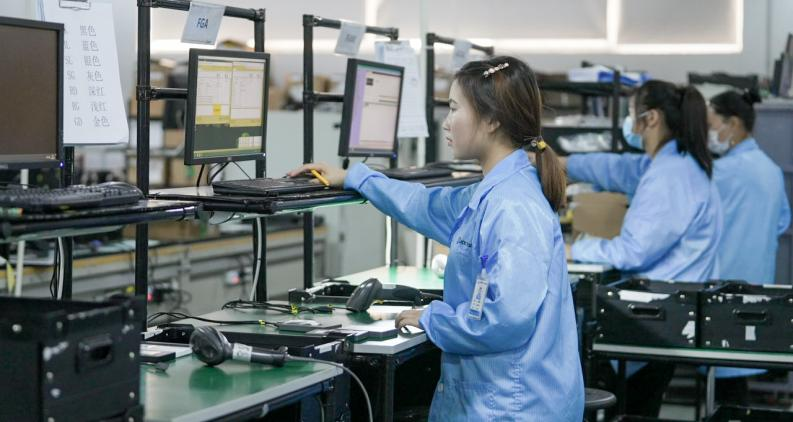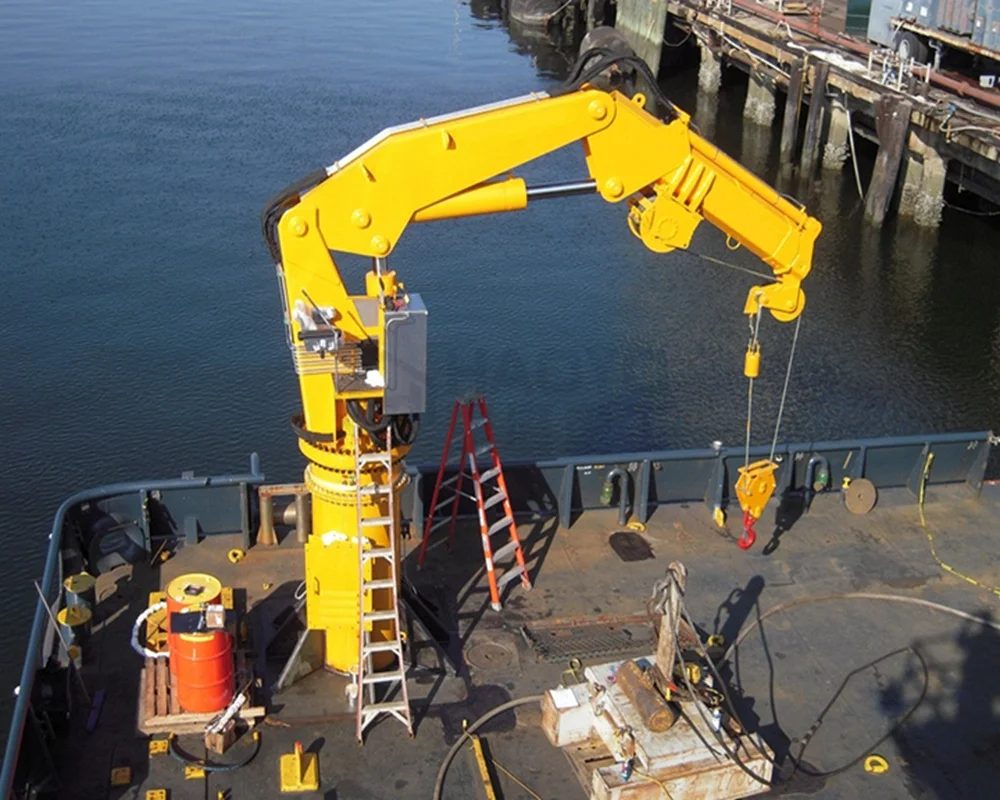In the fast-paced world we live in, technology has become an integral part of our daily lives. From smartphones to artificial intelligence, the advancements we have witnessed in the past decade have been remarkable. However, the question arises: How will technology change in the next 10 years? In this blog post, we will explore the potential transformations that await us, taking into account various industries and their impact on society.
- The Rise of Artificial Intelligence (AI):
Artificial Intelligence has already made significant strides, but its potential is far from being fully realized. In the next decade, AI will revolutionize industries such as healthcare, finance, and transportation. AI-powered virtual assistants will become more sophisticated, capable of understanding complex commands and providing personalized recommendations. Moreover, AI will play a crucial role in data analysis, enabling businesses to make informed decisions and improve efficiency. - The Internet of Things (IoT) and Connectivity:
The Internet of Things will continue to expand, connecting various devices and enabling seamless communication between them. Smart homes will become more prevalent, with appliances and systems interconnected to enhance convenience and energy efficiency. Additionally, IoT will revolutionize industries like agriculture, enabling farmers to monitor crops and livestock remotely, leading to increased productivity and sustainability. - Blockchain Technology:
Blockchain technology, known for its association with cryptocurrencies, has the potential to transform various industries beyond finance. In the next decade, we can expect to see blockchain being utilized in supply chain management, healthcare records, and voting systems. Its decentralized nature ensures transparency, security, and immutability, making it an ideal solution for combating fraud and enhancing trust. - Augmented Reality (AR) and Virtual Reality (VR):
AR and VR technologies have already made their mark in gaming and entertainment. However, in the next 10 years, we can anticipate their integration into various sectors such as education, healthcare, and architecture. AR will enhance learning experiences by overlaying digital information onto the real world, while VR will enable immersive simulations for medical training and virtual tours of architectural designs. - Sustainable Technology:
As concerns about climate change continue to grow, technology will play a vital role in creating a sustainable future. Renewable energy sources such as solar and wind power will become more accessible and affordable. Additionally, advancements in battery technology will enable efficient energy storage, reducing reliance on fossil fuels. Smart grids will optimize energy distribution, minimizing waste and promoting sustainability.
Conclusion:
The future of technology holds immense potential for transforming our lives in ways we can only imagine. From the widespread adoption of AI and IoT to the integration of AR and VR into various industries, the next decade promises to be an era of innovation and progress. Embracing these advancements will require us to adapt and evolve, but the benefits they bring will undoubtedly shape a brighter future for humanity.







